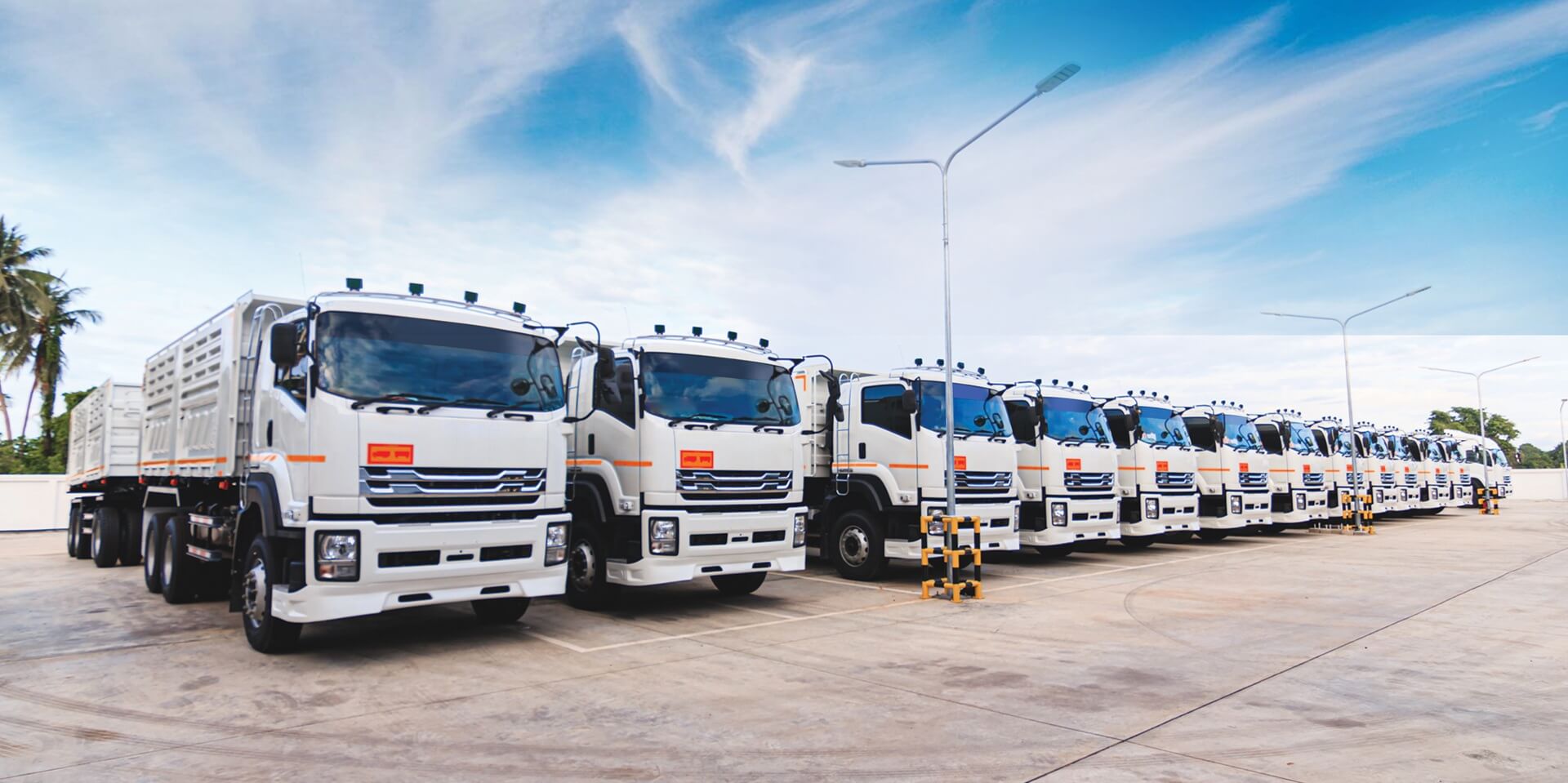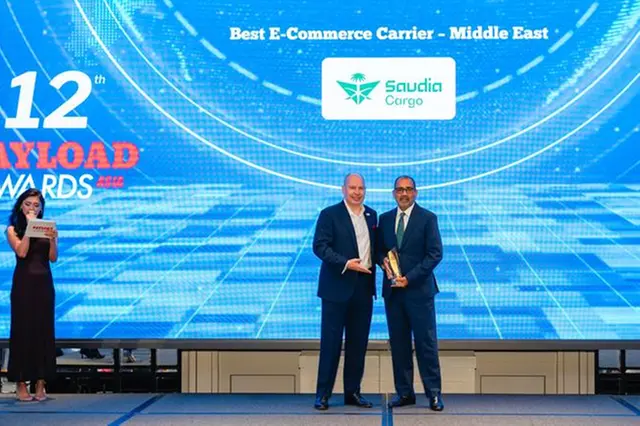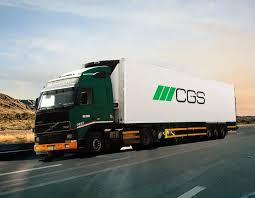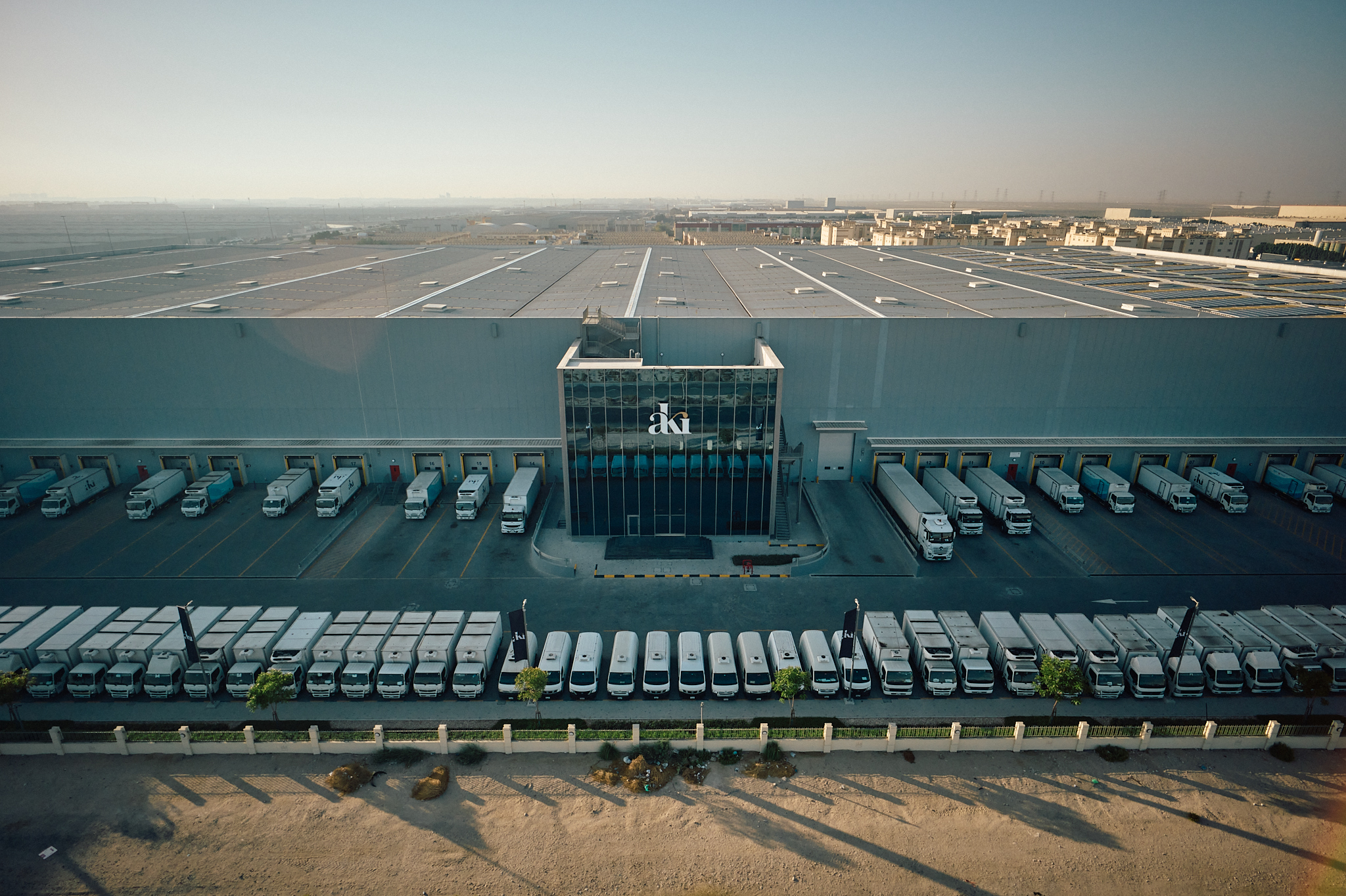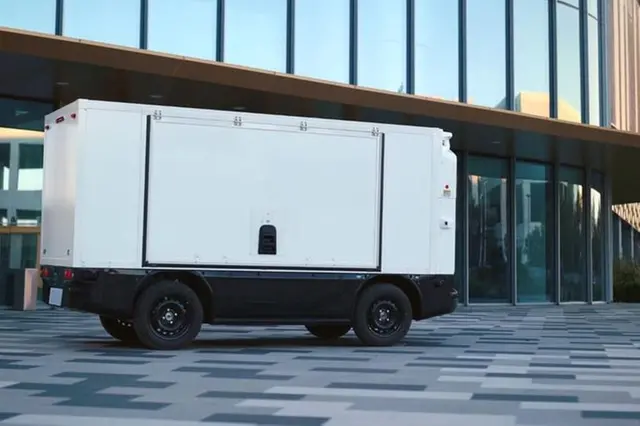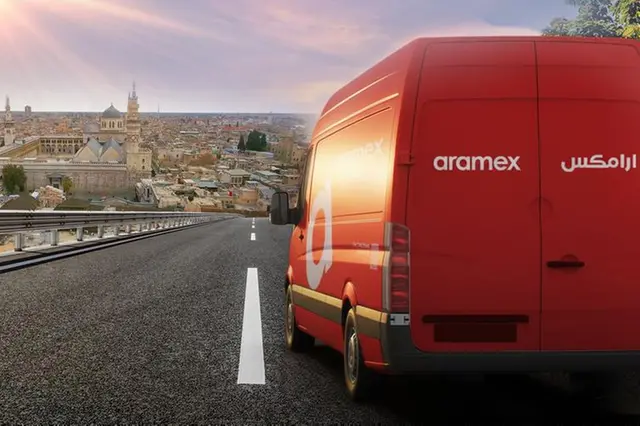Trucks

Maersk cuts the ribbon on the final cold store in its R1.7bn investment drive
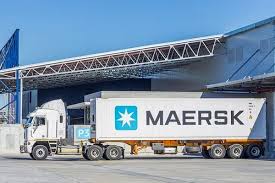
The event follows the opening of Cato and PreCool cold stores in KwaZulu-Natal.
The Belcon facility was commissioned to support fruit and other agricultural exports from the Western Cape, with the goal to facilitate an unbroken cold chain from farm to final markets, said Maersk Southern Africa & Islands MD Lubabalo Mtya at the ribbon-cutting ceremony on Tuesday.
It was, for example, estimated that the grape industry lost up to R1.5-billion a year owing to delays and broken cold chains within the South African logistics ecosystem.
Maersk Indian subcontinent, Middle East and Africa regional MD Richard Morgan said the Belcon facility had exceeded expectations since its commissioning in June, with an especially optimal performance during the peak citrus export season in August.
He expected the same performance with the table grape export season looming on the horizon.
The Belcon cold store logistics park consists of the cold store and a depot, with room for a second phase expansion.
A 2.2 MW solar PV installation is on the cards for April next year.
Construction work on the cold store started in April 2024, with the first pallets received in May this year.
In July, the facility achieved a peak volume of 18 692 pallets for the month.
The cold store has 10 088 pallet positions, 240 reefer plug points, seven loading docks, 248 container wash bays, six holding rooms and six Steri chambers.
The location offers both rail and truck options to reach the Port of Cape Town, as well as for deliveries from farms to the cold store.
Fruit Industry Wants To Grow
Citrus Growers’ Association of Southern Africa (CGA) chairperson Gerrit van der Merwe said facilities such as Belcon provided the association’s 1 400 members with the possibility to play on a bigger scale – to “become world champions”.
He said competition in the South Africa industry no longer emanated from the farm next door, but from other citrus growing countries, such as Peru, Chile and Spain.
He noted that the local industry remained eager to plant more capacity, which would, however, require improved logistics efficiency.
South African Table Grape Industry CEO Mecia Petersen said total South African fruit production output had increased by 19% over the last five years, with 61% of total output exported, which translated into roughly 3.7-million tons of South African fruit travelling across the globe.
“The more fruit you produce, the more you need to export – and the more you need logistics infrastructure,” she emphasised.
“Growing fruit, having quality produce – it’s no longer enough to remain competitive. We need to be known as a trusted supplier, and logistics is the backbone of being a trusted supplier.”
Petersen noted that South Africa’s ports continuously ranked at the bottom of global efficiency ratings.
“This is not to say there are not initiatives to improve – there are many initiatives. The Port [of Cape Town] is working hard…efficiencies have improved, but the more fruit we produce, the more we need to keep increasing that. We all need to work together to ensure we stay competitive.”
The South African fruit industry employed 320 000, linked to 1.28-million dependants. Around 105 000 of these jobs were in the table grapes sector, said Petersen.
She added that the agricultural industry was one of the few sectors that could create large-scale employment for unskilled workers.




